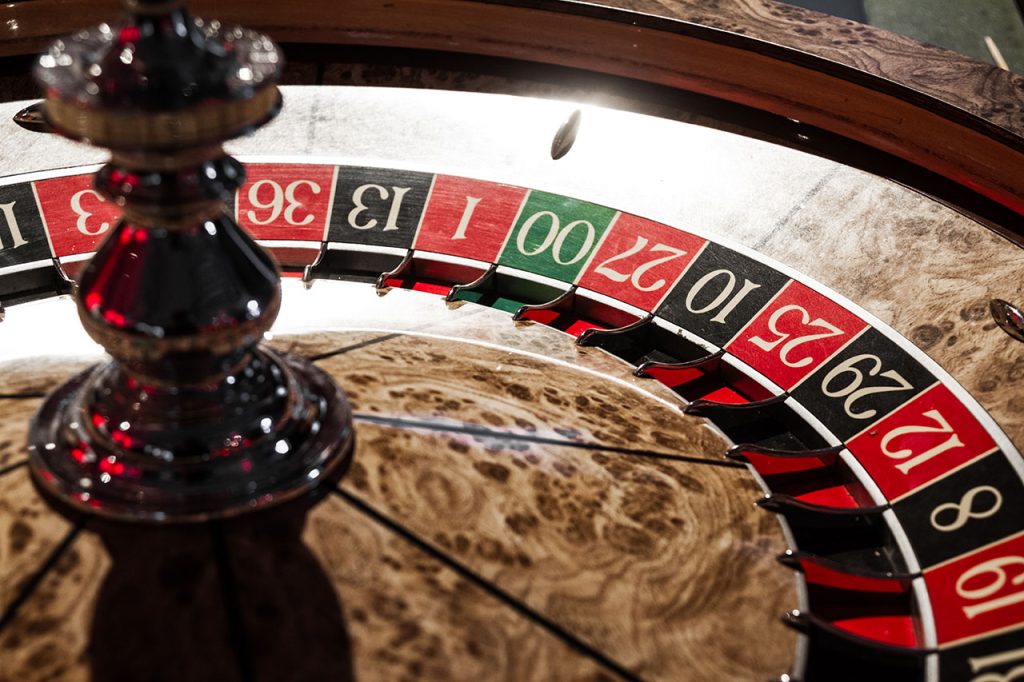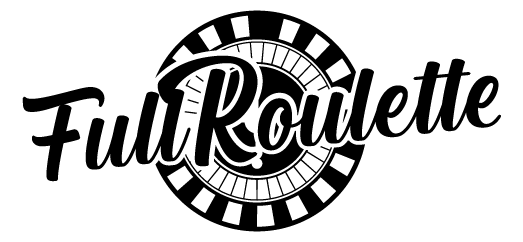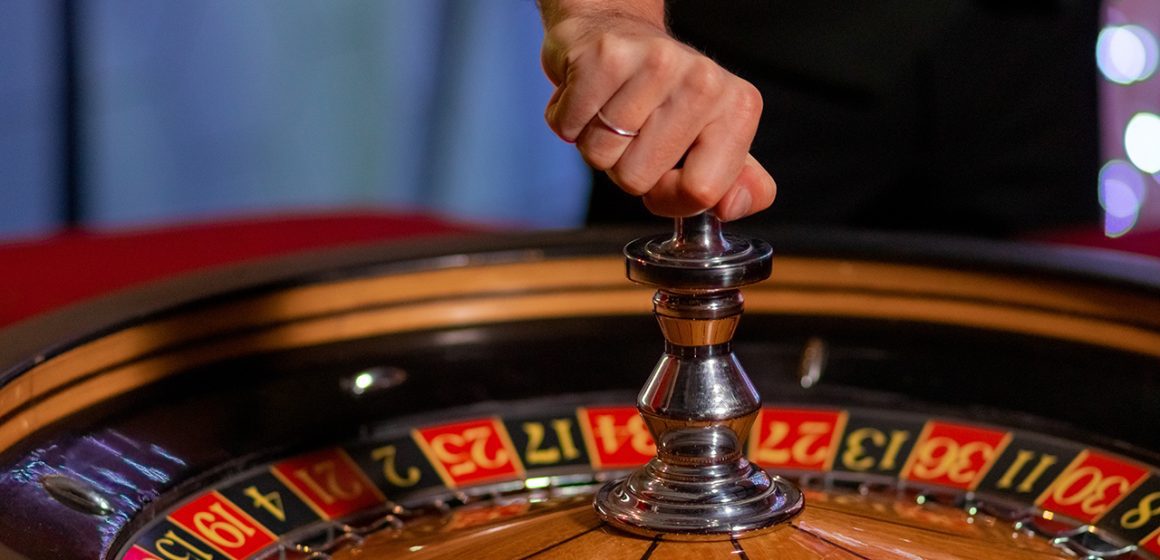Roulette is a well-known game in the dazzling realm of casinos. It provides a whirl of excitement, chance, and fate. While roulette’s charm might be captivating, the secret to enjoying consistent gaming and limiting possible losses is to learn the art of bankroll management.
We will go into detail about the methods and approaches that may help you get the most out of your roulette gameplay today. The information in this article will help you handle your resources efficiently, balance the risks and benefits, and make sound choices at the table.
Whether you are an experienced roulette player or a beginner, understanding roulette bankroll management is an important skill for playing wisely, maintaining control, and making your casino visit enjoyable and profitable.
Set Up Your Bankroll
Establishing your roulette budget is the initial step in wise roulette bankroll management. This sum should be what you feel comfortable spending—and possibly losing—during your gambling session. For example, if you are comfortable spending $50 without suffering any financial consequences, then this will be your bankroll.
Keep in mind that there is no single “correct” bankroll size. Each person has a different set of financial duties, costs, and earnings, so you must choose as per your unique situation. Setting a bankroll that is appropriate for your circumstances before you start spinning the wheel is crucial to limit your losses.
Establish Your Boundaries in Stop Loss
A crucial component of effective bankroll management in roulette is adopting a clearly defined stop-loss strategy. The stop loss is defined as the most money that you’re prepared to lose during the game session from your bankroll. For instance, if you establish your bankroll at $100, the game is over when it is spent.
Never give in to the urge to go beyond this boundary. Players frequently wish to extend their stop-loss boundaries in the heat of their emotions to recover their losses. However, this can result in a risky loop referred to as “chasing losses,” in which players keep playing, frequently with higher stakes, to win back money that has been lost.
It’s essential to keep in mind that roulette is a game of chance and that both victories and defeats are a part of the action. Keeping control over how you play involves paying close attention to your stop-loss limit. It ensures that your roulette sessions do not negatively affect the state of your finances and reduces the possibility of wasting more money than you can afford.
Choose What to Do with Your Profits
It might be thrilling to hit a big win at the roulette wheel, but how you handle these wins will have a big impact on your entire gaming experience and financial situation. You are at a turning point when the dice fall your way, and you start to make money. Do you reward yourself by keeping the money in your pocket, or would you reinvest them to boost your winnings? This is a crucial choice.
In essence, if you decide to keep your winnings, you will be departing the casino with more money. With this secure roulette technique, you can continue to play with your original bankroll while also collecting the rewards of your wins.
On the other hand, you have the chance to increase your potential revenues by putting your winnings back into the gameplay. This strategy allows you to play for longer periods or to try out higher-stakes games that you would normally skip with your original bankroll. It’s a riskier approach, but there’s a chance for bigger rewards when you take a risk.
Pre-planning your attitude towards success is a good money management technique since it helps you avoid spontaneous actions which frequently have unfavorable results. It promotes logical playing and ensures you’re not taken off guard when luck strikes.
Consistency is crucial whether you want to reward yourself or reinvest. Following your selected strategy promotes a disciplined and sensible attitude toward gambling and an organized strategy for each roulette round.
Choosing a Profit Goal: Controlling Greed

The ability to control one’s greed is crucial when playing the high-stakes game of roulette. Untrained players who get overly attached to a winning streak frequently risk their complete bankrolls before giving up their gains to the casino. After all, roulette has a negative expected value, meaning that the longer you play, the more odds favor the house.
A wise roulette player enters the casino with a predetermined bankroll and is prepared to accept lower, more consistent returns as opposed to pursuing larger, more risky payouts. Setting a profit target beforehand for every roulette session is a smart move.
A proportion of your session bankroll is typically used to determine the profit target. A victory target ranging from fifteen percent to thirty percent of your original bankroll is advised by industry professionals. The precise percentage is up to you, but be sure to make it reasonable. A losing session could result from setting a goal that is too high.
Recognizing and Using the Roulette Variance
In games of chance, the concept of variance can result in extended winning or losing streaks. This characteristic is especially important in determining your roulette bankroll management approach, given its impact on the two major betting types of inside and outside bets.
Inside bets, which focus on a single number, are prone to fluctuation. The poor chances of hitting a certain number (1 to 36 or 37 to 1) can lead to long losing runs. These bets have greater risks due to the smaller areas of the wheel they cover, despite the possibility of higher winnings.
Outside bets, on the other hand, show lower variance. They lead to shorter winning or losing streaks, and although the wins are normally smaller, they seem to happen more often because they cover a wider section of the wheel.
Your bankroll size ought to match the type of bet you select. Players on a tight budget should normally avoid inside bets because of the high variance, which could quickly deplete a smaller bankroll. This factor emphasizes how crucial it is to manage your money strategically when playing roulette, ensuring that your strategy matches your resources and risk tolerance.
Final Thoughts
In the realm of roulette, careful bankroll management is just as important as knowing the rules and techniques of the game. It transforms the thrilling uncertainty of the game into a meticulously monitored journey instead of a careless bet, and it is the hidden star behind profitable roulette sessions.
A strong roulette bankroll management plan includes establishing reasonable profit targets, controlling your stop loss skillfully, and comprehending the effect of variance on your picked bets. The secret is to play with concentration and consistency, understanding that good roulette play involves not only making big winnings occasionally but also fine-tuning your strategy for long-term delight and potential earnings.


Leave a Reply